How a Florida Hospital Lien May Impact Your Fort Myers Personal Injury Lawsuit
 Medical bills are one of the central claims filed in virtually any Fort Myers personal injury lawsuit. But if you don’t have health insurance (or enough health insurance) while your personal injury claim is pending, you could well find yourself with something called a hospital lien.
Medical bills are one of the central claims filed in virtually any Fort Myers personal injury lawsuit. But if you don’t have health insurance (or enough health insurance) while your personal injury claim is pending, you could well find yourself with something called a hospital lien.
As our Southwest Florida personal injury lawyers can explain, a hospital lien – sometimes called a medical lien – is basically when a healthcare provider is granted payment rights for services rendered to a patient with a pending personal injury case. This seems fair enough: You get treatment at the hospital after a car accident, file a personal injury lawsuit against the at-fault driver, and providers are ultimately paid from the amount collected in that case. (You likely even signed discharge paperwork granting them permission to send in a claim against any court-awarded costs to pay medical debts related to your treatment.)
Where it can get a bit dicey is in determinations about how much is “reasonable.” Healthcare providers may have one idea about what’s “reasonable,” and the auto insurer(s) involved may have quite another. It’s a major issue because, in the Sunshine State, hospital liens are often given priority over any and all other recoverable damages – including lost wages, pain, and suffering, etc. That means they may argue that they are first in line when it comes to getting paid.
Who can you trust to advocate for you during these negotiations? Your Fort Myers personal injury lawyer’s at Garvin Injury Law. Not only do we understand what is considered reasonable for services rendered, we know what insurers are likely to agree on and whether the injured party may face challenges in actually collecting that sum. We’re also skilled in negotiating with hospitals and other healthcare providers on this front.
Also worth noting: Florida does it a bit differently than other states. While most other places have a single hospital lien statute, Florida allows each county to enact its own hospital lien statutes. (The state used to have a single health care lien law, but it was deemed unconstitutional in the 2012 Florida Supreme Court ruling in Shands Teaching Hosp. & Clinics, Inc. v. Mercury Ins. Co. of Fla.) What this ultimately means is there can be a big difference between when you might expect in Monroe County or Collier County versus what you might expect in Lee County or Sarasota County. Some counties don’t allow medical liens at all, while some do require they be filed in short order. Continue reading





 Florida Personal Injury Lawyer Blog
Florida Personal Injury Lawyer Blog



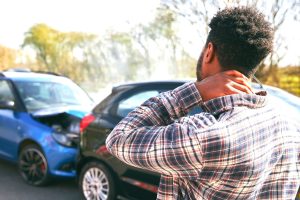 Yes, a past injury or illness can absolutely impact a Florida personal injury claim. As our Naples car accident lawyer can explain, a preexisting condition complicates the claims process because the burden is on the plaintiff to prove the injury at issue was either caused or aggravated by the negligent act.
Yes, a past injury or illness can absolutely impact a Florida personal injury claim. As our Naples car accident lawyer can explain, a preexisting condition complicates the claims process because the burden is on the plaintiff to prove the injury at issue was either caused or aggravated by the negligent act.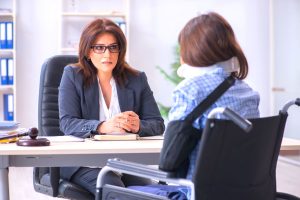 Once again, tort reform has made it tougher for victims of Florida car accidents to sue and collect fair damages for their losses. In order to get this passed the legislature has inaccurately pointed the finger at the allegation of frivolous Florida injury lawsuits and sky-high compensation payouts as the cause of high customer insurance premiums.
Once again, tort reform has made it tougher for victims of Florida car accidents to sue and collect fair damages for their losses. In order to get this passed the legislature has inaccurately pointed the finger at the allegation of frivolous Florida injury lawsuits and sky-high compensation payouts as the cause of high customer insurance premiums.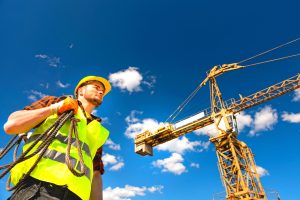 Construction is an industry vital to the growth of our communities. Still, there’s no question it’s also a dangerous profession. The
Construction is an industry vital to the growth of our communities. Still, there’s no question it’s also a dangerous profession. The 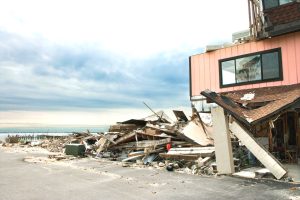 Southwest Florida is still reeling from the unprecedented devastation of Hurricane Ian, a huge storm with near-Category 5 winds and storm surges that reached 12-18 feet in some areas of Lee County.
Southwest Florida is still reeling from the unprecedented devastation of Hurricane Ian, a huge storm with near-Category 5 winds and storm surges that reached 12-18 feet in some areas of Lee County.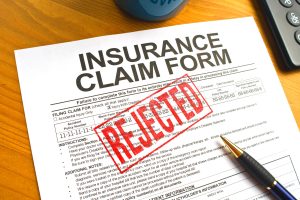 If you are a resident or property owner in Southwest Florida (particularly in Lee County, Collier County, and Charlotte County), odds are fair that you’re dealing with some type of insurance claim due to destruction caused by Hurricane Ian. Although insurance companies can be frustrating to work with even under “normal” circumstances, keeping up with your claim can become 10 times more stressful in the wake of a natural disaster. One thing to bear in mind is that if the insurers do not respond to your claim in good faith, it may be possible to hold them accountable with a Florida bad-faith insurance claim.
If you are a resident or property owner in Southwest Florida (particularly in Lee County, Collier County, and Charlotte County), odds are fair that you’re dealing with some type of insurance claim due to destruction caused by Hurricane Ian. Although insurance companies can be frustrating to work with even under “normal” circumstances, keeping up with your claim can become 10 times more stressful in the wake of a natural disaster. One thing to bear in mind is that if the insurers do not respond to your claim in good faith, it may be possible to hold them accountable with a Florida bad-faith insurance claim.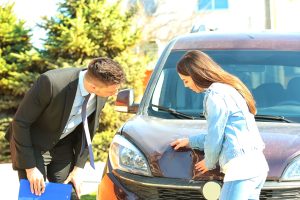 Despite warm-and-fuzzy slogans such as “like a good neighbor” and “you’re in good hands,” insurance companies are not, in fact, looking out for your best interests. In fact, adjusters actively pursue every opportunity to minimize or deny claim payouts at every turn possible; most often they are looking out for their shareholders or the interests of the corporation. As Fort Myers injury lawyers, we’ve become closely familiar with all the ways in which insurance adjusters lull claimants into a false sense of security as they seek out the slightest inconsistency that may allow them to cite a coverage exemption or a reduction in payout.
Despite warm-and-fuzzy slogans such as “like a good neighbor” and “you’re in good hands,” insurance companies are not, in fact, looking out for your best interests. In fact, adjusters actively pursue every opportunity to minimize or deny claim payouts at every turn possible; most often they are looking out for their shareholders or the interests of the corporation. As Fort Myers injury lawyers, we’ve become closely familiar with all the ways in which insurance adjusters lull claimants into a false sense of security as they seek out the slightest inconsistency that may allow them to cite a coverage exemption or a reduction in payout.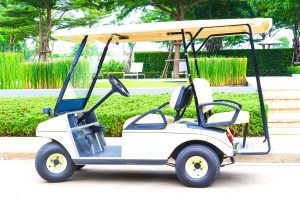 Golf carts were designed with the goal of making it easier for golfers to efficiently traverse the long stretches on the green. But here in South Florida, they’ve become fairly ubiquitous in residential neighborhoods, with operators ranging from spritely senior citizens to carefree kids as young as 8 or 9. It’s also not uncommon to spot them in mobile home communities, airports, sporting events, or at amusement parks. As a Fort Myers golf cart injury lawyer can explain, the presence of golf carts on Florida roadways has led to an increase of dangerous collisions with cars and pedestrians, as well as tipping and rollovers.
Golf carts were designed with the goal of making it easier for golfers to efficiently traverse the long stretches on the green. But here in South Florida, they’ve become fairly ubiquitous in residential neighborhoods, with operators ranging from spritely senior citizens to carefree kids as young as 8 or 9. It’s also not uncommon to spot them in mobile home communities, airports, sporting events, or at amusement parks. As a Fort Myers golf cart injury lawyer can explain, the presence of golf carts on Florida roadways has led to an increase of dangerous collisions with cars and pedestrians, as well as tipping and rollovers. Airbnb is a household name – a wildly popular online platform for parties arranging vacation stays or experiences. According to insurance comparison site
Airbnb is a household name – a wildly popular online platform for parties arranging vacation stays or experiences. According to insurance comparison site 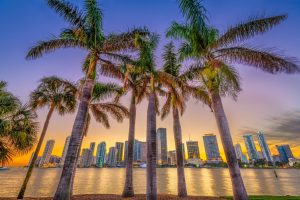
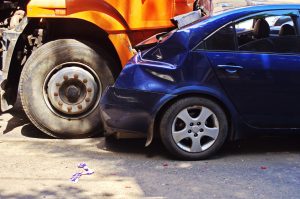 Large truck accidents, frequently resulting in substantial property damage, serious injuries, and fatalities, have a unique set of complicated insurance and liability issues. In fact, collecting financial damages following a Florida truck accident can be much more complicated than a basic car crash crash.
Large truck accidents, frequently resulting in substantial property damage, serious injuries, and fatalities, have a unique set of complicated insurance and liability issues. In fact, collecting financial damages following a Florida truck accident can be much more complicated than a basic car crash crash.






